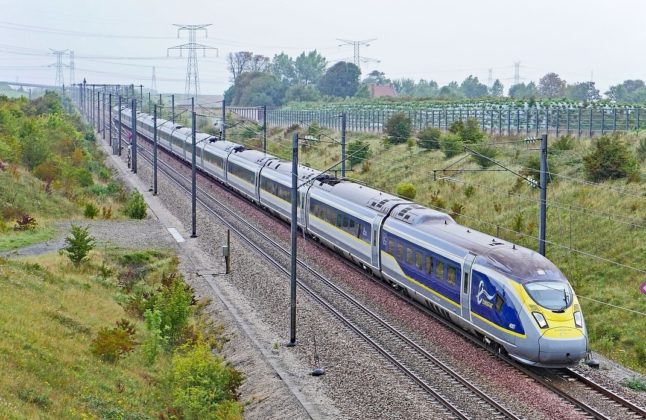Europe’s highest court condemns Switzerland for climate inaction
In a landmark decision, the European Court of Human Rights (ECHR) in Strasbourg ruled that Switzerland was not doing enough to tackle climate change, condemning the country to pay a hefty fine.
The lawsuit was filed by Swiss association of Elders for Climate Protection — 2,500 women aged 73 on average — who argued (and won) that the country’s government was not sufficiently mitigating the effects of global warming.
The Federal Council must now devise a plan of action to remedy this lack, though it is not certain how this can be accomplished, given the limits placed on government by the system of direct democracy.
READ ALSO : Will anything change in Switzerland after European Court’s climate ruling?
Swiss purchasing power is high in Europe but not everywhere in Switzerland
According to data released this week by the market research institute GfK, Switzerland has an average purchasing power per capita of almost 50,000 francs — significantly higher than its immediate neighbours Germany and Austria.
Regionally, however, the disposable income available to households varies considerably among cantons, with Zug in the first place, followed by Schwyz, Nidwalden, Zurich, Obwalden, Appenzell Innerrhoden, Basel-Country, and Geneva.
Jura has the lowest per-capita purchasing power — though still higher than Germany and Austria.
READ ALSO: Where in Switzerland does your money go further?
MPs propose to raise the roof to relieve housing woes
Many of Switzerland’s cities are suffering from a chronic housing shortage, with the demand for accommodations far exceeding the available supply.
Given this scarcity, a number of MPs have suggested that one way to solve this problem is to create more living space on top of current residential buildings.
To that end, “building and zoning regulations in Swiss cities must be adapted so as to systematically integrate the raising of one or two floors into urban plans,” they said.
READ ALSO : Why there is a push in Switzerland to make buildings
Three Swiss cities named ‘smartest’ globally
A new report ranking the ‘smartness’ of various metropolises, found three Swiss cities among the world’s ‘smartest.’
This finding is based on criteria including public transport, health system, schools, and quality of life in general.
Zurich is number 1, with Geneva and Lausanne among the top 10 (in the 4th and 7th place, respectively) — an impressive result, considering that 142 cities were ranked in the survey.
READ MORE : What makes Zurich a ‘smarter’ city than Geneva and Lausanne?
Proposed train link between Geneva and London gains momentum
Following the positive feedback received in Switzerland over the proposed rail service between Basel and London, a similar move is now underway to ‘connect’ Geneva with the UK’s capital as well.
If it comes to fruition, it would shorten the travel time between the two cities, from the current seven to five hours, and provide an alternative to air travel as well.
It would also avoid train changes and passport / customs checks in Paris.
READ ALSO : What are the chances of a Geneva to London rail route ever happening?
And there is more…
If you live in or near Geneva and are wondering where all the scenic hiking trails are, this article has the answers:
READ ALSO: The seven best hikes around Geneva



 Please whitelist us to continue reading.
Please whitelist us to continue reading.
Member comments